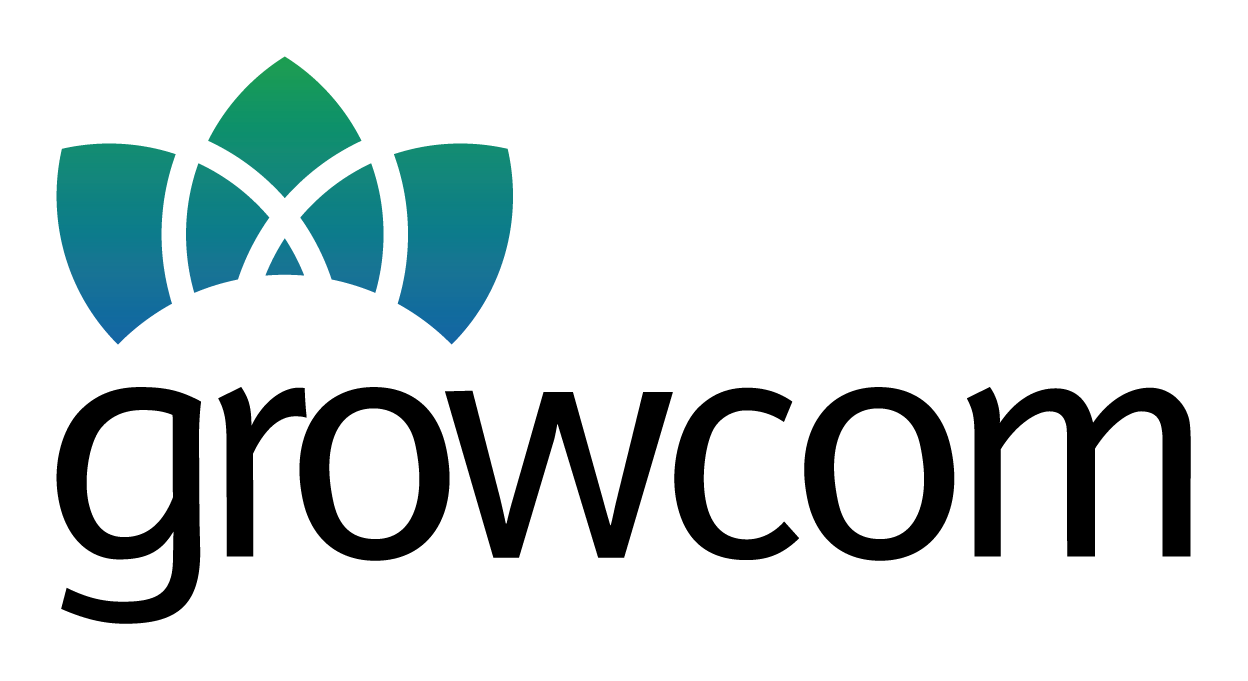Generating grower-led learning opportunities
Growcom’s Hort360 GBR facilitators have coordinated a series of grower-led learning opportunities across Far North Queensland and the Wide Bay-Burnett in recent months, tailored to the needs of each growing region.
Workshops and field days exploring fencing, feral pig management, pests, as well as sediment and erosion control have received great grower turnouts with growers taking practical learnings back to implement on their own farms.
Fencing with Macka
Fencing expert Macka spent time with our Far North Queensland growers, facilitating workshops in Mareeba and Evelyn.
With more than 40 years’ experience in agricultural fencing across a range of contexts, Macka guided attendees of both workshops through techniques, examples of various scenarios, and appropriate fencing techniques.
For instance, at Irresistible Orchards in Mareeba, he showed the use of fencing with an apron to prevent feral pigs digging under fences protecting a water storage area. Macka also spoke about different scenarios such as protecting a riparian area and dam from erosion. Protecting riparian vegetation can reduce the spread of weeds, and contamination of fresh water from animal waste. Fencing can also put an end to boundary line disputes.
No matter the site or the need for fencing, Macka had the solution. He encouraged participants to invest in getting the right materials and using the correct fencing method to ensure that “your first fencing expense is your last.”
Sediment and erosion control
November saw Mareeba growers get together to look at methods for mapping and mitigating sediment movement and erosion. This is a pressing issue in the region, even a year after Ex-Tropical Cyclone Jasper and the subsequent rain deluge cut deep scars across properties resulting in not only losses in production, income, and trees, but topsoil and nutrient.
This workshop looked not only at what has been done in the north, with a strong history of soil conservation in the area, but also at technological solutions such as LiDAR and remote sensing to estimate soil erosion, and drone use in mapping watercourses and elevation.
Although erosion mitigation is vital for horticultural operations, it isn’t easy to undertake. It’s an expensive exercise so to have cash to outlay for work that doesn’t have a direct return on investment is a big ask for growers. Combine the costs with red tape faced in getting approval for erosion mitigation structure construction, and the barriers become even higher.
The consensus from attendees is that funding and support from federal, state, and local government would greatly benefit the protection of riparian health and water quality, as well as the ongoing viability of horticultural operations.
Track ‘em & Trap ‘em
Growers must unfortunately contend with pests of all shapes and sizes. Following the successful Pest Sense workshop hosted in Goomboorian in August where growers looked at small but frustrating pests like fruit fly, fall armyworm, and fruit spotting bug, attendees flagged they were also looking for help controlling pests much larger in size: feral pigs.
In October, growers in the Mary River catchment met in Kin Kin to discuss challenges with feral pig, losses in production, and cost of control and management.
As feral pigs are busy creatures, with sows producing two litters a year, their control and management requires constant attention from growers and landholders, as well as regionwide cooperation.
Professional hunters canvassed effective and humane feral pig control strategies, and local growers discussed area-wide coordination. Growers inspected pig exclusion fencing and various pig trapping devices, and watched a drone demonstration to see how tech is used for scouting.
Growers also heard about assistance available to them through Gympie Regional Council and Feral Management Queensland; a not-for-profit organisation made up of professional, volunteers dedicated to control of feral pest animals using ground hunting, trapping, detector dogs, motion detection cameras, drones and the latest thermal night vision technology.
Still to come…
More grower-led events are planned in 2025. If you’d like more information on what’s happening in your region, keep an eye on our social media channels, or contact your local Hort360GBR Facilitator.
The peer-to-peer workshop series is jointly supported by the Integrated Engagement and Capacity Building Project through the Queensland Government’s Queensland Reef Water Quality Program and the Hort360 Reef BMP project, funded by the OGBR and DETSI.



